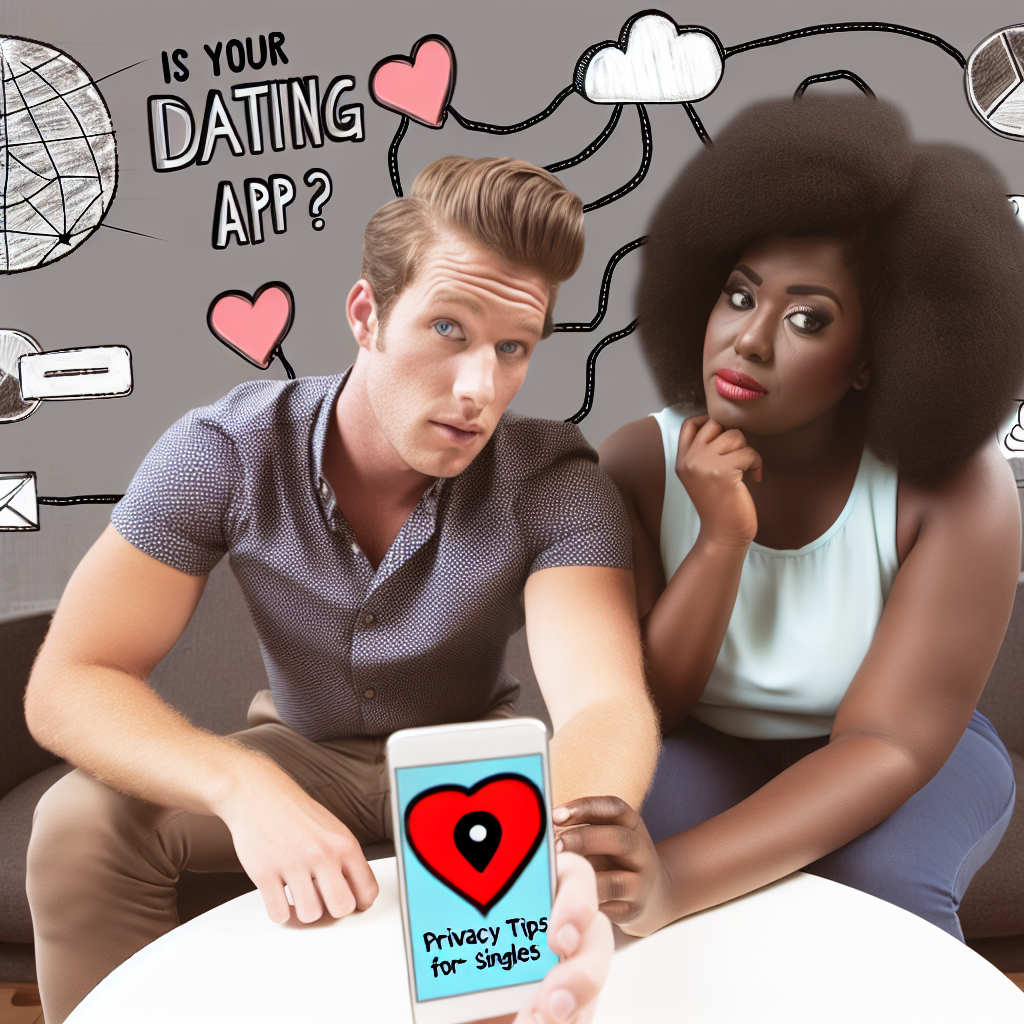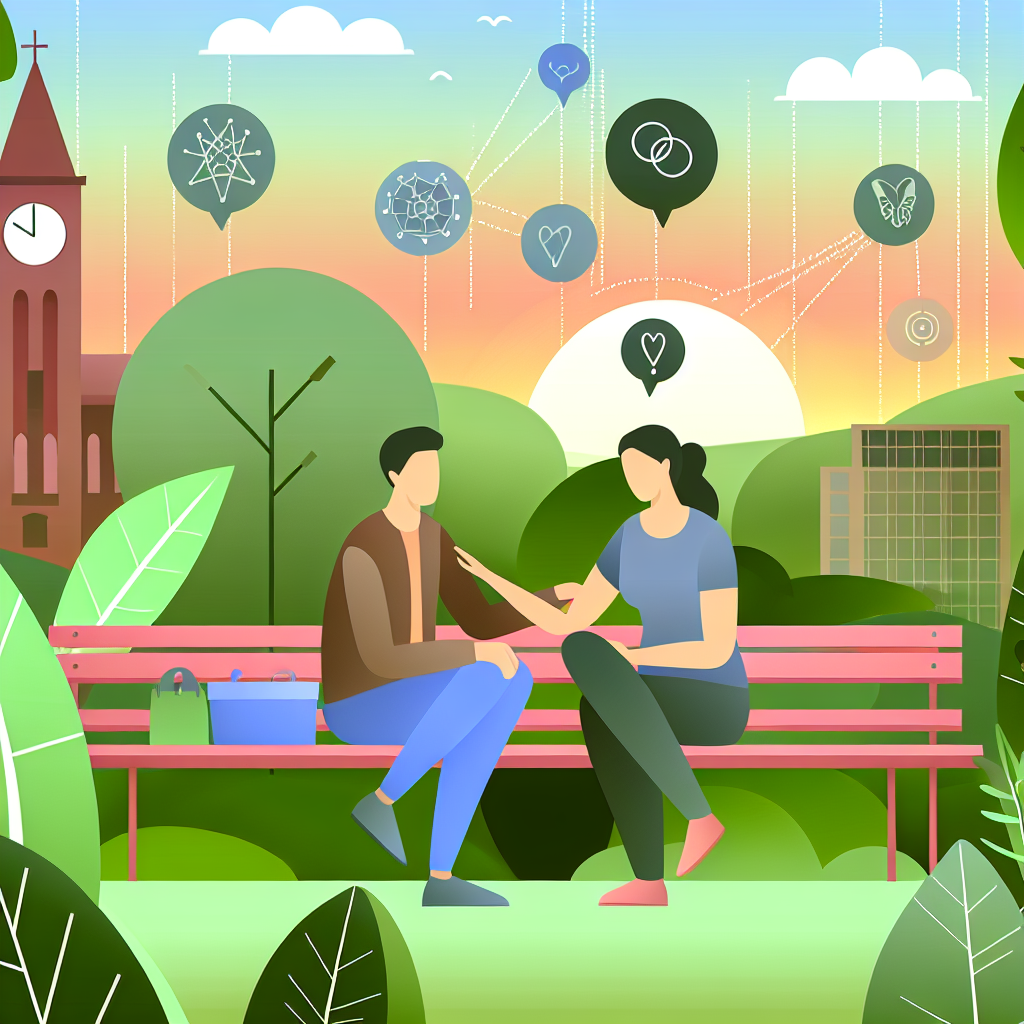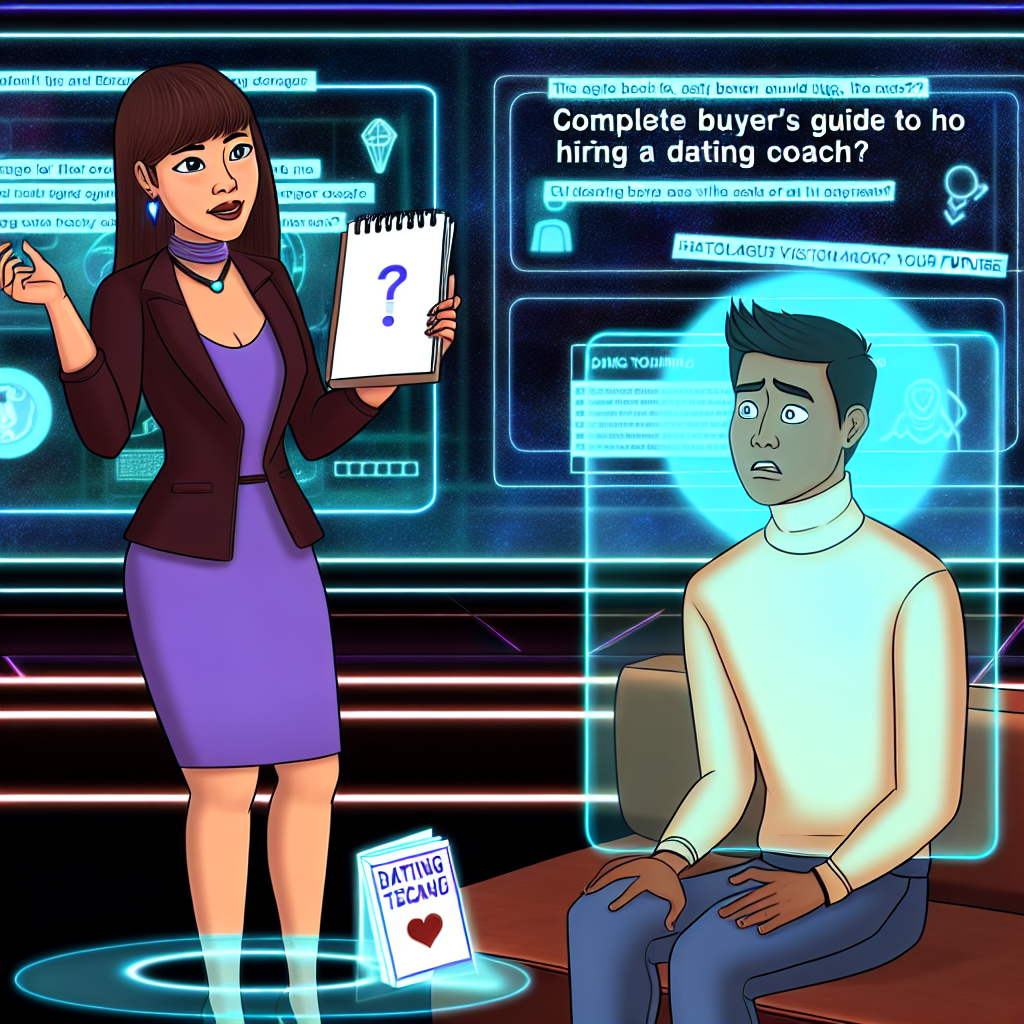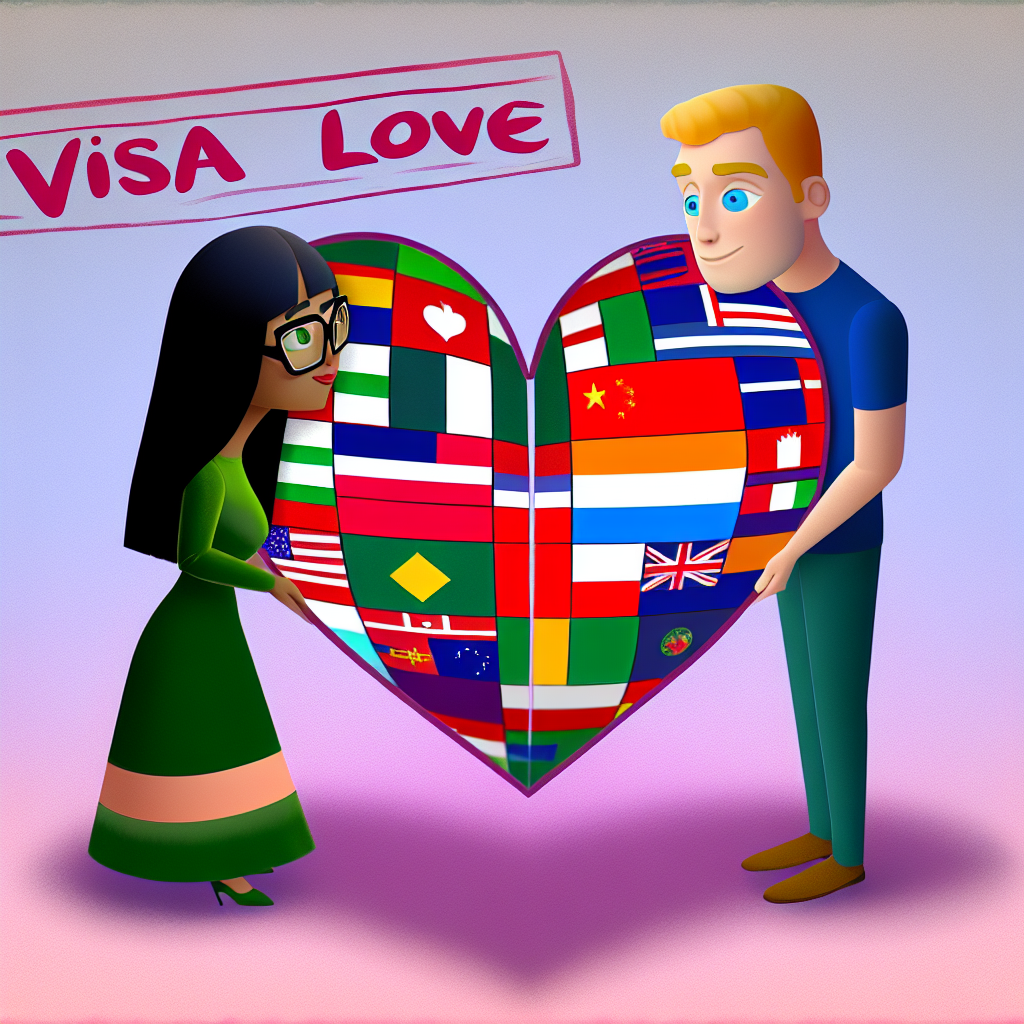Here is the blog article with the requested changes:
Is Your Dating App Selling Your Data? Privacy Tips for Singles
Author: [Your Name]
Posted on: [Insert Date]
Introduction: Why Data Privacy Matters in the Online Dating World
In today’s digital-first dating culture, a growing number of singles—from Gen Z to Baby Boomers—are using dating apps to meet romantic partners. Whether you’re just starting your romantic journey at 18 or re-entering the dating pool later in life, these apps offer convenience, diverse choices, and instant communication. However, beneath their seamless interfaces lies a complex network of algorithms, cookies, and trackers that are collecting your personal data—sometimes more than you realize.
Most users understand that dating apps need some personal information to work properly—things like age, gender preference, location, and interests. What many don’t realize is that this data isn’t always kept strictly confidential. In fact, some dating platforms have been criticized and even investigated for sharing user data with third-party advertisers, analytics firms, and even social media companies, sometimes without users’ full knowledge or consent.
This raises serious concerns: Who sees your swipes? Is your personal data secure? What happens to your chats, photos, and preferences once they’re uploaded? These are not paranoid musings—they’re valid questions rooted in recent data privacy scandals involving major dating apps like Tinder, Bumble, and Grindr.
Studies show that dating app users are especially vulnerable to data misuse due to the sensitive nature of the information shared. From sexual orientation and political views to photos and real-time location sharing, the personal data stored on dating platforms is a digital goldmine for advertisers and potentially malicious entities alike.
More alarming is the fact that many singles are entirely unaware of how their data is being harvested. A 2021 Pew Research study found that nearly 65% of dating app users had concerns about how apps use their data, yet only a minority regularly reads the platform’s privacy terms.
In this article, we’ll explore the behind-the-scenes world of dating app data sharing, backed by scientific research and privacy watchdog reports. We’ll also equip you with practical and up-to-date tips to protect your personal information while dating online—so you can find love without giving away your privacy.
Hidden Matchmakers: Studies Reveal Shocking Dating App Data Practices
The extensive usage of dating apps across various demographics has led researchers and watchdog organizations to investigate the privacy practices of these platforms. Key findings reveal a concerning degree of data misuse and lack of transparency that singles should be aware of.
According to a comprehensive 2020 report by the Norwegian Consumer Council (NCC) titled “Out of Control: How Consumers Are Exploited by the Ad Tech Industry”, popular dating platforms including OKCupid, Grindr, and Tinder were found to share user data with hundreds of third-party companies. The report revealed that sensitive information—such as users’ sexual orientation, GPS location, device IDs, and even personal messages—was disseminated for targeted advertising purposes without clear user consent. Read the full NCC report here.
Grindr, which caters to the LGBTQ+ community, was specifically fined €6.5 million in 2021 by Norwegian authorities for allegedly violating Europe’s General Data Protection Regulation (GDPR) rules, as it shared data about users with advertisers without valid consent. Details of the case and fine are available through the European Data Protection Board here.
Moreover, a 2019 study by The Guardian in collaboration with Privacy International found that apps like Tinder and Bumble often don’t encrypt sensitive data at rest. In some cases, app behavior allowed other applications or trackers on the user’s phone to access dating profile information, increasing the risk of unauthorized collection.
Even more unsettling are findings from cybersecurity firms that discovered dating apps rank among the top in terms of data storage and transfer. According to Avast, a global digital security company, dating apps tend to collect the most personal data compared to any other app category. Their report identified that nearly all popular dating apps request access to contact lists, photos, microphone usage, and current GPS location, often more than technically required for app functionality. Read the Avast report here.
Psychologically speaking, many users suffer from what is called “Consent Desensitization.” Dr. Ari Ezra Waldman, a leading voice on information privacy law, explains this phenomenon as a learned behavior in which users blindly accept terms and policies because of interface fatigue. This reduces any meaningful consent, thereby creating open loops for data exploitation.
These studies collectively suggest that dating app companies often prioritize data monetization over user privacy. This consolidation of user data for advertising not only invades personal privacy but exposes individuals to identity theft, emotional vulnerability, and other digital harms.
Play It Safe: How to Protect Your Privacy While Dating Online
So how can you swipe smartly and stay protected? Here are some practical, updated privacy tips to keep your heart—and data—secure while searching for love online:
- Choose Privacy-Conscious Dating Apps: Do your research. Look for apps with clear, user-friendly privacy policies and positive reviews regarding data security practices.
- Limit what you share: Avoid uploading overly personal information like your workplace, full name, or specific locations. Keep biographies concise and consider omitting exact birthdates.
- Adjust privacy settings frequently: Check the app’s settings for what data is being collected and shared. Revoke unnecessary permissions (e.g., microphone or address book access).
- Never link your dating profile to social media accounts: Connecting profiles makes it easier for apps and third parties to aggregate more of your personal data.
- Update your app and device security: Make sure your dating app and smartphone OS are up to date to avoid vulnerabilities.
- Be cautious with messages and photos: Assume that anything you upload can be saved or shared. Avoid sharing sensitive or identifying photos and chats with strangers.
- Read the privacy policy (yes, really!): Even though it’s lengthy, skimming the privacy policy can uncover key red flags regarding how your data is used or sold.
Conclusion: Finding Love Without Losing Privacy
Dating in the digital age shouldn’t mean sacrificing your privacy for the promise of romance. As a single navigating today’s app-centric dating culture, it’s crucial to be conscious of the data you share and the platforms you trust. By choosing apps with transparent privacy practices, regularly updating your settings, and avoiding oversharing personal details, you can enjoy the benefits of modern romance without handing over your digital identity. Protect your heart—and your data.
References & Further Reading
- Out of Control: How Consumers Are Exploited by the Ad Tech Industry – Norwegian Consumer Council
- Norwegian DPA Issues Fine for No Privacy in Grindr Users – EDPB
- Are Dating Apps Safe? What You Need to Know – Avast Blog
- How Dating Apps Handle Your Data – The Guardian
- The Virtues and Downsides of Online Dating – Pew Research Center
Concise Summary:
In the digital dating world, singles should be aware that their personal data may not be as secure as they think. Studies have revealed that many popular dating apps share user information, such as location, sexual orientation, and messages, with third-party advertisers and analytics firms without clear consent. To protect your privacy, research privacy-focused dating apps, limit what you share, update your settings frequently, and read the fine print.

Dominic E. is a passionate filmmaker navigating the exciting intersection of art and science. By day, he delves into the complexities of the human body as a full-time medical writer, meticulously translating intricate medical concepts into accessible and engaging narratives. By night, he explores the boundless realm of cinematic storytelling, crafting narratives that evoke emotion and challenge perspectives. Film Student and Full-time Medical Writer for ContentVendor.com




